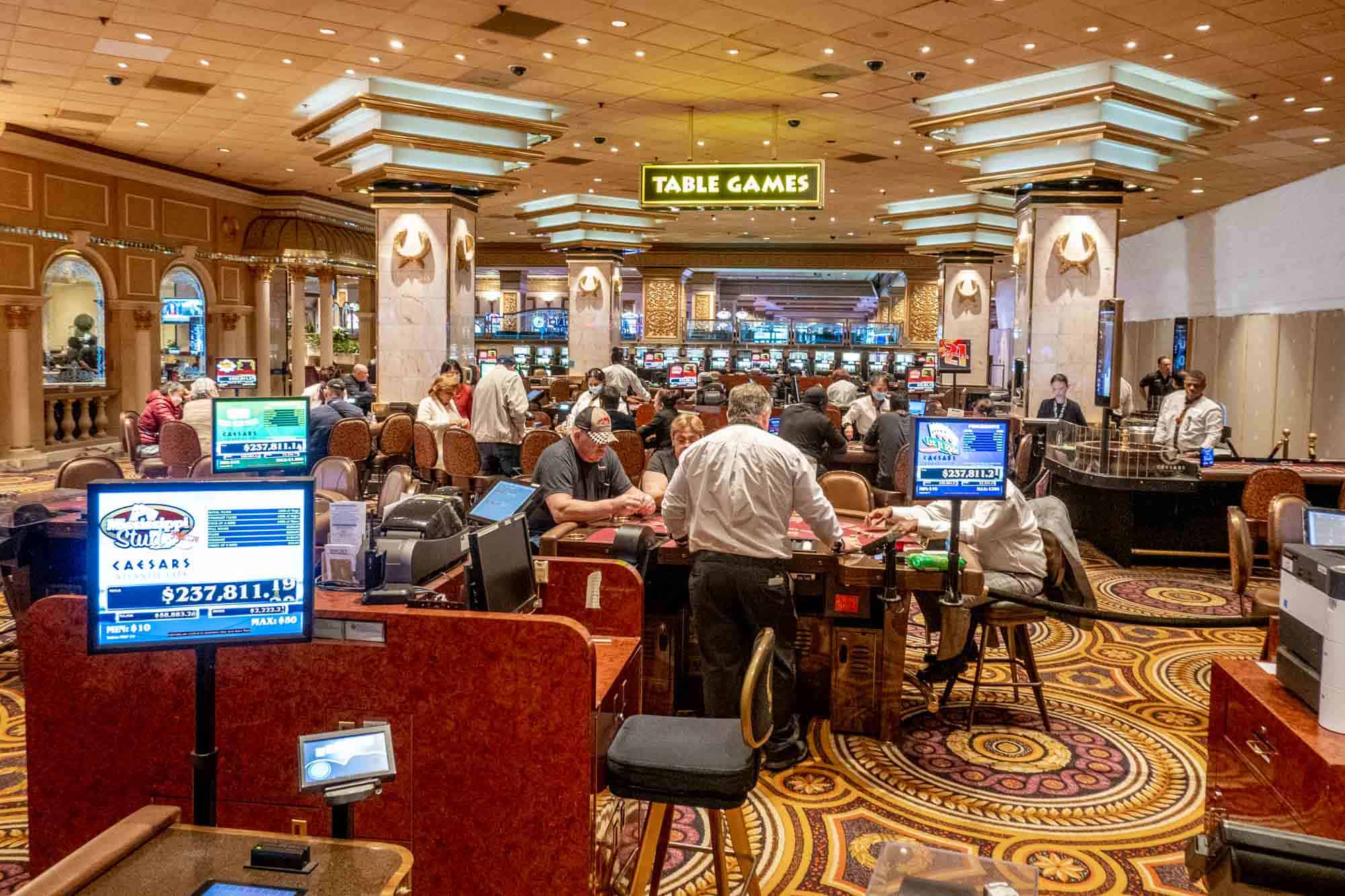
In the dynamic world of gaming, gaming activities have long captured the interest of players around the world. These options, spanning classic table options like Texas Hold’em to the rotating reels of slots, offer an fascinating blend of randomness and strategy. While fortune undeniably plays a crucial role in shaping outcomes, the importance of skill in many gambling activities cannot be ignored. Understanding how expertise affects the experience can enhance not only a gambler’s enjoyment but also their chances of success.
As we dig into the mechanics of casino activities, it becomes clear that some require a robust base of wisdom and strategy. Games like blackjack require more than simple fortune; they call for critical thinking, psychological insight, and calculated decision-making. In contrast, other activities, such as the roulette wheel and slots, are primarily determined by luck, allowing players to rely solely on luck. This distinction raises fascinating questions about what really drives success in the world of casinos and how a participant’s competences can tip the scales in their favor.
Comprehending Expertise vs. Chance in Gambling Activities
Within the sphere of casino games, the discussion between skill and luck is a enduring one. Several games are often divided into two groups: those that depend predominantly on chance, such as slots and the wheel, and those where skill plays a major role, like the game of poker and blackjack. The distinction is important because it influences not only gameplay strategies but also the approach players adopt when participating with these games. Although luck can play a critical role in the immediate, skilled players can increase their chances of winning over the extended period in skill-based games.
Skill-based games, especially poker, necessitate players to understand odds, human behavior, and game strategies. A seasoned poker player can read opponents, make strategic bets, and know when to fold, all of which can lead to more successful outcomes. On the other hand, in games that are purely based on chance, no amount of skill can alter the odds. This implies that while a player may win big in one session, their victory may frequently be at the mercy to the vagaries of chance results rather than any tactical expertise.
In the end, both skill and luck coexist in the world of casino games, forming a dynamic environment for players. While games of chance can provide thrill and instant gratification, proficiency and strategy in skill-based games offer a deeper level of engagement for those prepared to invest time in honing their craft. This interplay between skill and luck defines the experiences of players and influences their relationship with the games they choose to play.
The Impact of Ability on Casino Results
In the world of gambling games, ability plays a significant role in determining the outcomes, especially in activities where tactics and choices are essential. For example, in poker, competitors must assess opponents, calculate probabilities, and make calculated bets to enhance their odds of succeeding. Unlike activities that depend purely on chance, such as slot machines or the roulette wheel, poker demands an understanding of both the game mechanics and the behavior of other participants, making expertise a vital component of success.
Additional strategy-based games, like blackjack, also highlight the significance of player skill. Understanding of basic tactics, card counting, and when to hit or stand can dramatically influence the house edge. A proficient 21 player can reduce this edge and improve their odds of winning significantly. This contrasts with activities that do not allow for such strategic play, demonstrating how the level of skill directly affects the potential for positive outcomes.
Additionally, even within games considered primarily chance-driven, like craps, the decisions made by gamblers can influence their overall success. MM99 Choosing the right bets, comprehending the odds of different results, and managing one’s funds are essential aspects that can enhance a participant’s experience and results. Thus, while chance remains a component in gambling, ability can substantially affect how effectively players navigate these settings, leading to more positive results.
Strategies for Expert Play in Gaming Establishments
To thrive in gambling games, players must develop a robust comprehension of the rules and probabilities involved in various games. https://mm99.hot/ This essential knowledge enables individuals to make wise decisions, especially in skillful games like Texas Hold’em and blackjack. Familiarizing oneself with game tactics, such as card counting in blackjack or recognizing wagering trends in poker, can significantly enhance a player’s odds of success. Rehearsing these tactics through simulations or low-risk games allows players to refine their skills without risking substantial amounts of money at stake.
A further key strategy is bankroll management. Players should create a spending limit before going into the casino and stick to it faithfully. This involves deciding how much they are willing to lose and setting limits on how much they will bet in every gaming session. By keeping a controlled approach to gambling, players can prolong their play and reduce the chance of major losses. Additionally, taking breaks can help maintain a clear head and prevent impulsive decisions that often lead to poor play.
Ultimately, managing emotions is vital in the intense environment of a gambling house. Players must be adept at controlling their emotions, particularly during periods of success or losing runs. Staying attentive and not allowing emotions influence gameplay can lead to more logical decisions. Techniques such as deep breathing or stepping away from the table during intense moments can help keep calmness. By cultivating a steady state of mind, players can approach gambling games with assurance and expertise, thereby enhancing their complete experience and outcomes.